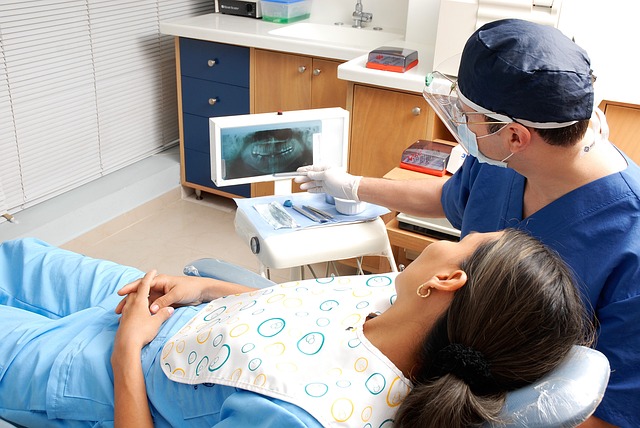
Building Better Connections: 8 Relationship Tips for Effective Patient Communication
Effective patient communication is crucial in fostering strong relationships between healthcare providers and their patients. Just like in any other relationship, open dialogue and mutual understanding pave the way for success. Here are eight relationship tips that can help improve communication with your patients.
1. Listen Actively
One of the most important aspects of communication is listening. Show your patients that you value their input by giving them your undivided attention. Nod, maintain eye contact, and respond appropriately to demonstrate that you are truly engaged in the conversation.
2. Empathize with Their Concerns
Patients often come to healthcare providers with worries and fears. Acknowledging their feelings and showing empathy can go a long way in building trust. Use phrases like, “I can understand how that might be concerning for you,” to validate their emotions.
3. Use Clear and Simple Language
Medical jargon can be intimidating and confusing for patients. Strive to communicate in simple, everyday language that your patients can easily understand. This helps to eliminate miscommunication and makes them feel more comfortable discussing their health.
4. Encourage Questions
Invite your patients to ask questions. This not only clears up any confusion they might have but also makes them feel more engaged in their care. Reassure them that no question is too small or unimportant, and make time to address their inquiries.
5. Be Transparent
Honesty is vital in any relationship. Be transparent about treatment options, potential risks, and expected outcomes. This will empower your patients to make informed decisions about their health and build their trust in you as a provider.
6. Follow Up After Appointments
A simple follow-up call or message after an appointment can reinforce your commitment to your patients’ care. It shows that you care about their well-being and opens the door for further communication, allowing them to voice any additional concerns that may arise.
7. Respect Their Time
Being punctual and respecting your patients’ time is an essential part of effective communication. This demonstrates professionalism and shows that you value their time just as much as they value your expertise.
8. Build a Rapport
Take the time to learn more about your patients beyond their medical history. Ask about their interests, hobbies, and family. Building a personal connection can create a more relaxed atmosphere, encouraging your patients to communicate openly with you.
By implementing these tips, healthcare providers can enhance patient communication, leading to stronger relationships built on trust, respect, and understanding. Foster a communicative environment where patients feel heard and valued, and watch your practice thrive.


